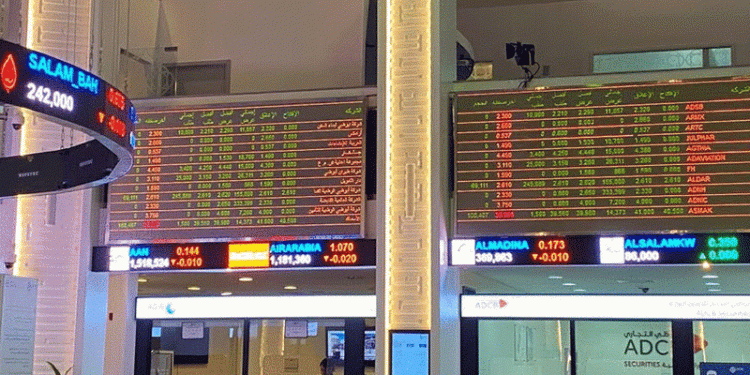SINGAPORE: Japanese rubber futures rose to a one-week high on Tuesday, lifted by a strong Nikkei performance and a weaker yen, while higher oil prices also lent support.
The Osaka Exchange (OSE) rubber contract for July delivery closed up 5.2 yen, or 1.87%, at 283.2 yen ($1.89) per kg, the highest close since Feb. 7.
Japan’s benchmark Nikkei average closed 2.89% higher, climbing to 38,010 on Tuesday, not far from the record high of 38,957 the benchmark touched on Dec. 29, 1989.
The Japanese yen weakened 0.09% to 149.50 against the dollar, ahead of a key reading on the US inflation, due later in the day. A weaker yen lifted Japanese equities and boosted investor sentiment in the rubber market as it made yen-denominated assets more affordable for overseas buyers. Japanese wholesale prices rose 0.2% in the year to January, according to Bank of Japan data on Tuesday.
Oil prices rose slightly on Tuesday on fears Middle East tensions could disrupt supply.
Natural rubber often takes direction from oil prices as it competes for market share with synthetic rubber, which is made from crude oil. Germany would not hit its target of having 15 million electric vehicles on the road by 2030 if sales develop in a linear fashion, Economy Minister Robert Habeck said on Monday.
The weak performance of Germany’s market is causing particular concern for carmakers, with the country’s growth rate in new electric car registrations slowing to 11.4% in 2023 from 30% the year before. Mainland China’s financial markets were closed for the Lunar New Year holiday and will resume on Monday, Feb. 19, leading to a subdued trade in Asia.
The front-month rubber contract on the Singapore Exchange’s SICOM platform for March delivery last traded at 152.50 US cents per kg, up 0.53%.
Source: Brecorder

























